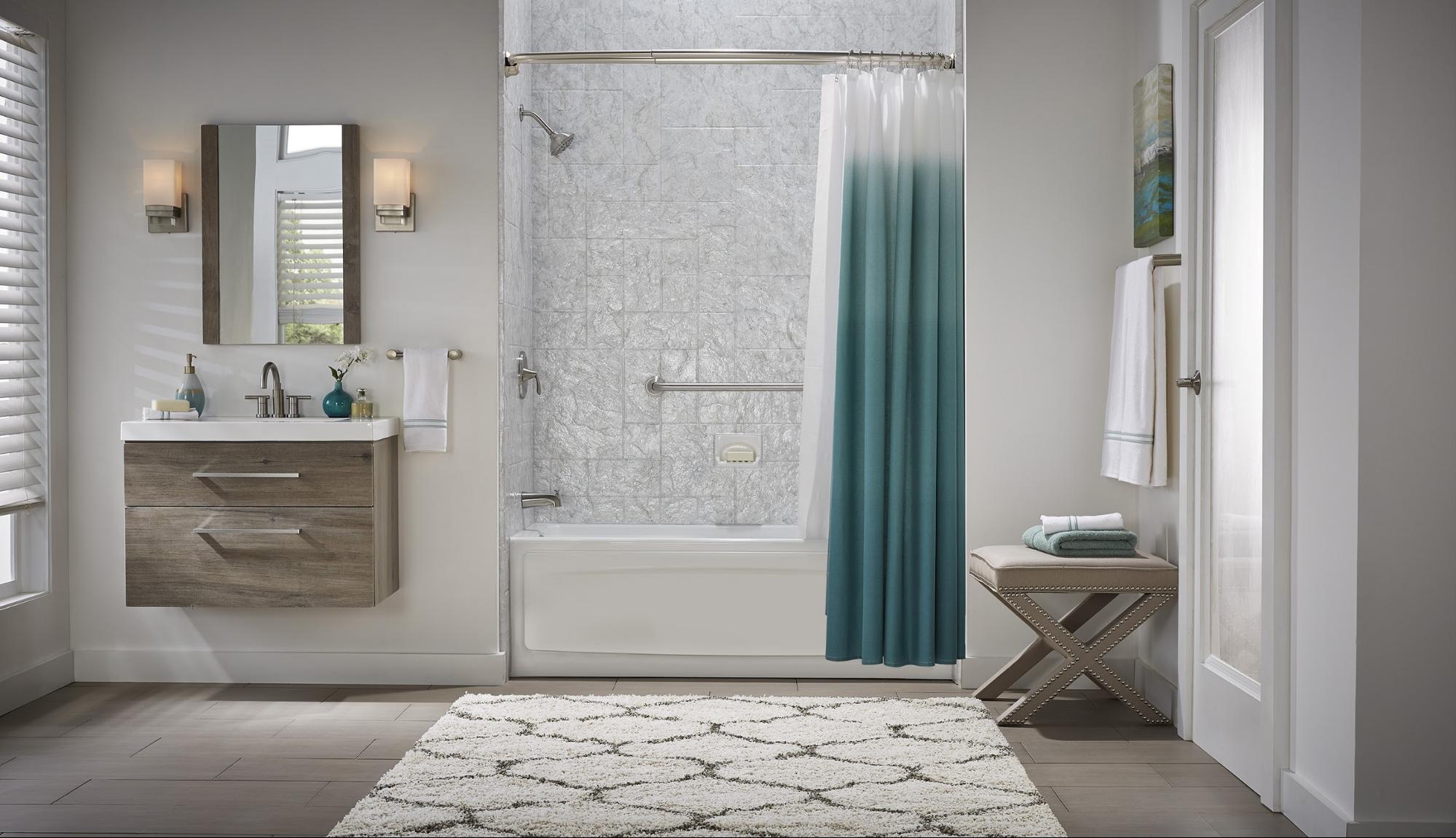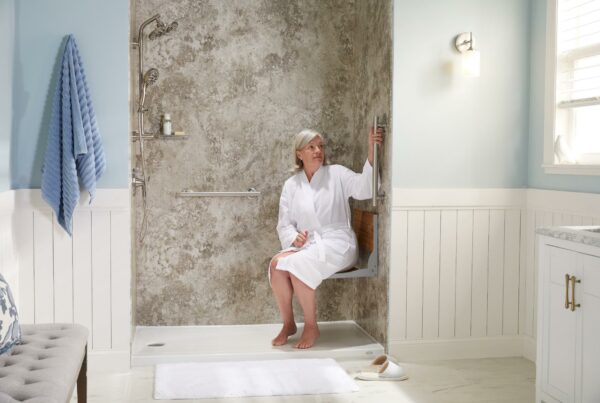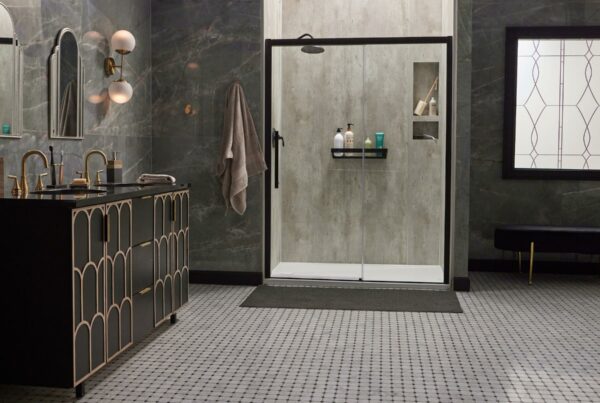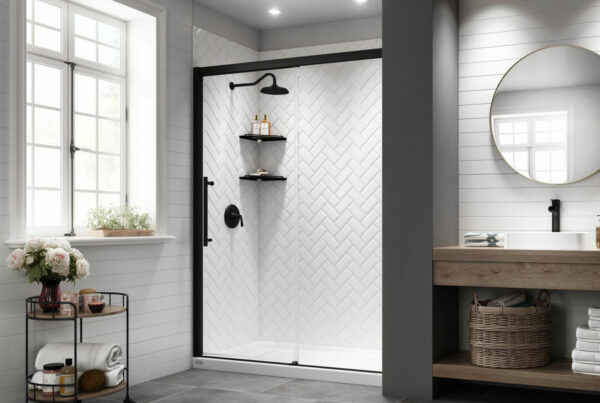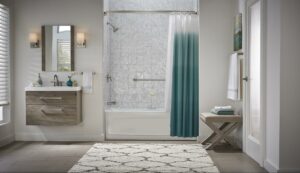 Most homeowners will never catch a glimpse of the wall behind the bathtub or shower. This makes the bathroom a bit of a mystery. How can you be sure that mold or mildew is not growing behind the scenes?
Most homeowners will never catch a glimpse of the wall behind the bathtub or shower. This makes the bathroom a bit of a mystery. How can you be sure that mold or mildew is not growing behind the scenes?
You might notice a black spot here and there and wonder if perhaps mold is to blame. These are some signs of mold you should pay close attention to if you want to avoid major health issues.
Your Bathroom Doesn’t Dry Well
One of the major indicators of mold or mildew is the presence of water. Generally, water should drain from the tub after you are done bathing. In some situations, water does not drain. It may seep into the grout around the tub or even work its way behind shower tiles. Water seepage can cause mold or mildew to grow.
Your Bathroom Lacks Circulation
Mold is especially common in bathrooms that don’t have fans or windows. Stagnant air is more likely to let mold or mildew grow, especially after a shower when the damp air settles on surfaces. Opening a window or turning on an exhaust fan can help prevent spores from making your bathroom home.
Your Bathroom is Dark & Damp
Bathrooms are often the perfect place for mold to grow because they are usually dark and damp. Mold and mildew thrive in these environments, even making their way to the ceiling and underneath grout. If you don’t have a lot of natural light in the bathroom, you need to be aware of a potential problem.
You See Dark Spots
Black spots are often the first sign of mold or mildew in the bathroom. These black spots may first show up in your tile grout or the caulk around the shower or tub. Take a look at the floor, around the baseboards, and on the ceiling to spot spores in tricky locations.
Your Bathroom Smells Musty
Take a sniff next time you go into the bathroom to take a shower. If the room smells old and musty, you may have a mold problem. The smell is caused by mold spores decomposing materials in your house. The smell of mold rotting wood can be especially pungent.
Your Floor Feels Soft & Spongy
The floor can feel soft under your feet if your bathroom is damaged. You might even feel like you are stepping on a sponge, indicating the rotting of the flooring materials due to mold and other water damage.
You Think You Have Allergies
Often, people think they have constant allergies at home when they are actually dealing with mold exposure. Adults, children, and pets can experience signs of allergies. Symptoms include headaches, fatigue, dizziness, depression, runny nose, and itchy eyes. The culprit could be the bathroom.
Is Mold A Problem In Your Shower? Contact Bath Experts
Mold and mildew can lead to serious health and structural issues in your home. If you have spotted mold in your bathroom, it may be time for a tub or shower replacement. Our acrylic products are infused with silver ions, and can prevent the growth of mold and other microbes that are attracted to the tub. We can install nonporous materials that don’t crack or chip. Additionally, an acrylic tub or shower is easier to clean than one with tile or grout, which allows you to prevent mold from taking over. Contact Bath Experts today for expert advice on replacing your moldy shower or bathtub.

